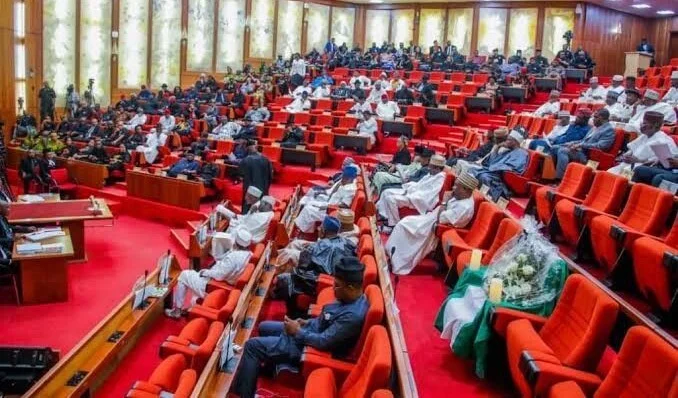Nigeria’s Senate is making significant progress as the bill to establish the National Agency for Malaria Eradication (NAME) passes its second reading, signaling that the Senate moves closer to creating malaria eradication agency amid alarming malaria statistics.
Sponsored by Senator Ned Nwoko (APC, Delta North), the bill seeks to centralize and intensify the fight against malaria, which claims over 184,000 Nigerian lives annually, nearly a third of the global death toll, according to the World Health Organization’s 2024 report.
During the plenary session, Senator Nwoko made a compelling case for the proposed agency, describing malaria as a structural emergency with far-reaching consequences beyond healthcare.
He underscored its toll on maternal health, economic productivity, and child mortality, citing its role in 11% of maternal deaths in the country. “It is time we confront malaria with the urgency it demands,” he declared.
The proposed NAME would be an autonomous body tasked with designing and driving national malaria policies, coordinating multi-sectoral responses, and channeling resources into vaccine research and genetic innovations.
It aims to fill gaps left by the current National Malaria Elimination Programme (NMEP), which the senator criticized as ineffective and fragmented.
Comparing the malaria response to the global mobilization seen during the COVID-19 pandemic, Senator Nwoko lamented the lack of urgency that has plagued malaria interventions for decades.
“If malaria were endemic in Europe or North America, the global response would have been radically different,” he said, calling for a science-driven and politically-backed approach.
The bill received wide support across party lines, with senators from both the All Progressives Congress (APC) and Labour Party (LP) echoing Nwoko’s sentiments.
VIDEO: KOGI GOVERNMENT HOUSE LAUNCHES MONTHLY NEWSLETTER
Senators Victor Umeh, Ede Dafinone, Babangida Oseni, and Onyewuchi Francis all spoke in favor of the bill, emphasizing the need for a unified institution to spearhead eradication efforts.
Following the second reading, the bill was referred to the Senate Committee on Health for further legislative work. The committee, chaired by Senator Ibrahim Oloriegbe, is expected to return its report in four weeks, marking the next step toward what could become a historic shift in Nigeria’s battle against malaria.




